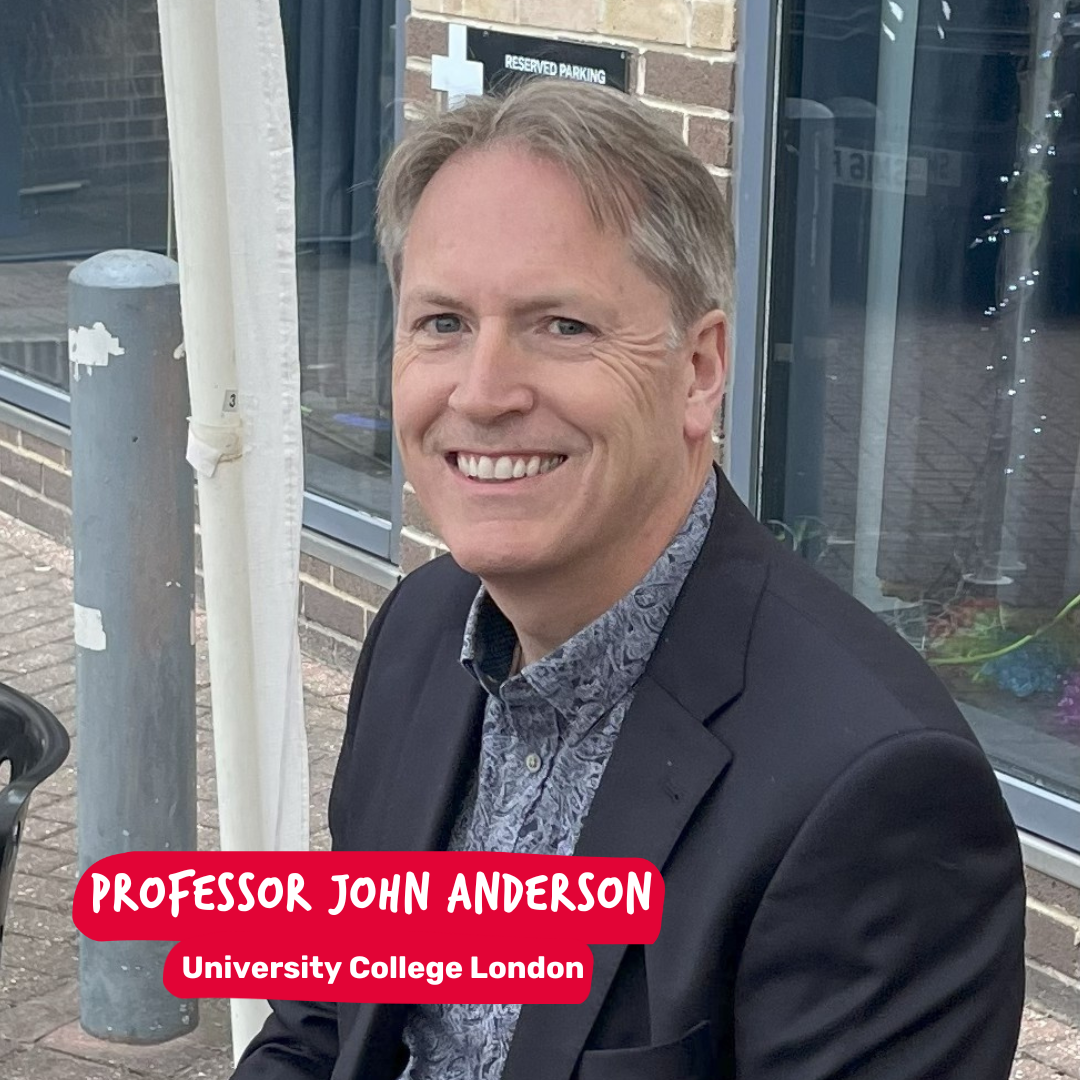Reprogramming immune cells for the treatment of ependymoma
Fast facts
- Title: Enhancing CAR-T Cell Therapy for Ependymoma: Targeted Reprogramming of the Tumour Microenvironment
- Lead Researcher: Professor Kristian Pajtler and Professor John Anderson
- Where: Hopp Children’s Cancer Center Heidelberg and University College London
- When: October 2025 – September 2030
- Cost: £1.5 million over 5 years
- Research type: Paediatric, high grade
- Grant round: Quest for Cures
Ependymomas are the third most common type of brain tumour that affects children, with the average age of diagnosis being five years old. Current treatments are limited to surgery, radiotherapy and occasionally chemotherapy. However, some cancer cells can escape these treatments and survive, which allows the tumour to grow back.
What is it?
Professor Kristian Pajtler and Professor John Anderson are currently investigating how ependymomas avoid attack from immune cells and why the immune system struggles to fight against these tumours. By taking a closer look at single cells that make up ependymomas, they are aiming to map how they communicate with each other as well as with nearby immune cells.
The team plans to use this new knowledge to retrain local immune cells, switching them from helping ependymoma cells from growing, to fighting them off instead. By changing the surrounding area, they hope that the tumour will respond better to other therapies.
Following this, the team aims to improve an up-and-coming treatment called CAR-T cell therapy. This is where a patient’s own immune cells, called T cells, are taken from a blood sample and modified in the lab to be better at seeking out cancer cells. After being engineered, these T cells are returned to the patient for more effective targeting and killing of cancer cells.
To combat the unpredictable nature of tumours, the team will also look closely at how ependymomas behave after receiving treatment. They will continue to retrain immune cells and further improve the CAR-T cells to overcome any resistance to treatment that the tumours may show.
Why is it important?
Immunotherapies can effectively treat many cancers, but they haven’t yet achieved the same success in brain tumours. One of the barriers to success is the harsh surrounding area of brain tumours, often limiting the ability of CAR-T cells to reach the cancer cells.
By retraining nearby immune cells, Professor Pajtler and Professor Anderson are giving CAR-T cells a fighting chance to more effectively attack ependymoma cells without being blocked. They hope to create a safe and effective treatment that gives children with ependymoma an improved quality of life and better chance of survival.
“Our goal is to rapidly test these new approaches in models that closely mimic human ependymomas and pave the way for clinical trials, bringing hope for more effective, safer treatments for children with these challenging tumours.”
-Professor Kristian Pajtler
Research is just one other way your regular gift can make a difference
Research is the only way we will discover kinder, more effective treatments and, ultimately, stamp out brain tumours – for good! However, brain tumours are complex and research in to them takes a great deal of time and money.
Across the UK, over 100,000 families are facing the overwhelming diagnosis of a brain tumour and it is only through the generosity of people like you can we continue to help them.
But, by setting up a regular gift – as little as £2 per month – you can ensure that families no longer face this destructive disease.

Professor Kristian Pajtler
Professor Kristian Pajtler leads the Early Cancer Diagnostics team at Hopp Children’s Cancer Centre Heidelberg (KiTZ). His research focuses on improving early detection and molecular characterisation of paediatric brain and sarcoma tumours.

Professor John Anderson
Professor John Anderson works at University College London Great Ormond Street Hospital (GOSH) and the Institute of Child Health (ICH). His research focuses on developing cell and gene immunotherapies for childhood cancer along with understanding and manipulating the immune system’s response.